Economic reforms prioritized: Finance Minister Paudel

May 13, Kathmandu: Deputy Prime Minister and Finance Minister Bishnu Prasad Paudel emphasised that economic reforms will be given top priority in the coming days. Speaking at a discussion with development partners regarding the upcoming budget, he highlighted that ongoing economic reforms have already shown positive results.
He noted that amendments to laws through ordinances, recommendations from the High-Level Economic Reform Suggestion Commission, and various policy decisions are key aspects of these reforms.
DPM Paudel informed development partners that the upcoming budget will focus on encouraging the private sector, creating employment opportunities, boosting production and productivity, and strengthening the national economy. Acknowledging the constraints in resource availability, he stressed that the budget will prioritise frugality, expenditure reduction, and efficient allocation of limited resources to maximise returns.
He further stated that foreign aid will be aligned with Nepal’s needs and priorities, ensuring its effective and proper utilisation. Paudel also mentioned efforts to address issues related to capital expenditure. Expressing confidence, he said the budget, once presented in Parliament, would be widely regarded as realistic. He reiterated Nepal’s expectation of continued support from friendly nations and development partners.
Finance Secretary Ghanashyam Upadhyaya added that the upcoming budget will prioritise economic discipline and boosting private sector confidence. Dhani Ram Sharma, head of the International Economic Assistance Coordination Division at the Finance Ministry, reported that Nepal’s economy is on a path to improvement compared to last year, with economic indicators currently showing positive trends.
Representatives of development partners provided suggestions on revenue mobilisation, optimal resource use, realistic budget formulation, and effective implementation, while affirming their commitment to further support Nepal. The discussion included ambassadors/representatives from India, China, the United States, the United Kingdom, Japan, Korea, Australia, Norway, Germany, Finland, the European Union, the World Bank, the Asian Development Bank, the United Nations, the International Monetary Fund, and the World Health Organization, among others.



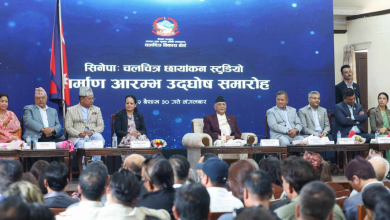
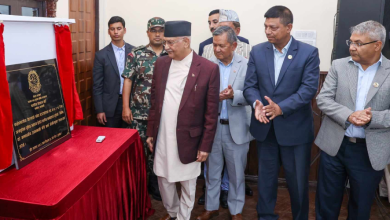
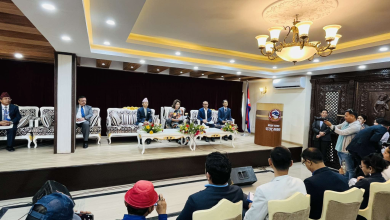
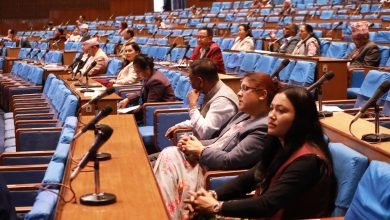

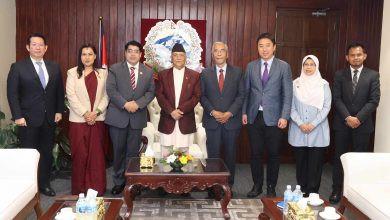
Comments